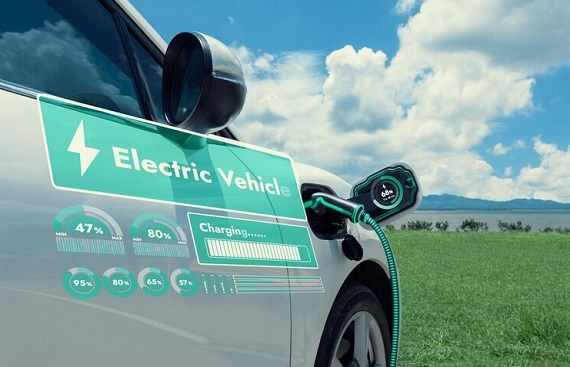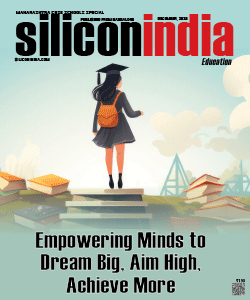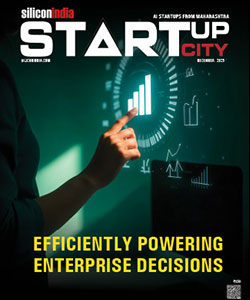MHI, IIT Roorkee Collaborate to Establish EV Centre of Excellence
By
siliconindia | Thursday, 14 March 2024, 10:36:20 AM IST

The Ministry of Heavy Industries (MHI) and the Indian Institute of Technology, Roorkee (IIT Roorkee) have inked a pivotal Memorandum of Understanding (MoU) aimed at nurturing innovation in the automotive and electric vehicle (EV) sector. The collaboration, backed by a combined investment of Rs 24.6645 crore, was formalized in the presence of Dr. Mahendra Nath Pandey, Minister of Heavy Industries, and Uttarakhand Chief Minister Pushkar Singh Dhami via video conference.
Central to this initiative is the establishment of a Centre of Excellence (CoE) and an Industry Accelerator at IIT Roorkee, with the objective of propelling advancements in the EV domain. This partnership falls under the ambit of the Scheme for Enhancement of Competitiveness in the Indian Capital Goods Sector Phase II.
The agreement entails a substantial grant of Rs 19.8745 crore from MHI, supplemented by a contribution of Rs 4.78 crore from industry partners. Prof. K.K Pant from IIT Roorkee and Vijay Mittal JS MHI were the signatories representing their respective institutions.
Dr. Pandey underscored the MoU's significance in integrating cutting-edge technologies into the manufacturing sector, in line with the government's vision of Atmanirbhar Bharat (self-reliant India). He emphasized its role in accelerating India's journey towards a self-sufficient EV sector, noting existing collaborations between IIT Roorkee and startups on pioneering projects.
Chief Minister Dhami lauded MHI's initiative in promoting projects under the Capital Goods Scheme in Uttarakhand, particularly beneficial for the e-mobility sector. He commended IIT Roorkee's commitment to research, development, and fostering innovation, aligning with the national objective of self-reliance in mobility.
The collaboration between MHI and IIT Roorkee, alongside the involvement of ICAT, Manesar, is poised to bolster India's EV manufacturing ecosystem. By bridging academia-industry gaps and pushing the boundaries of innovation, this partnership is set to propel the nation towards a more sustainable and self-reliant future in electric mobility.
Read More News :
Chris Lischewski: Transforming the Seafood Industry's Scenario
Market Focus Stocks: Tata Motors, Vedanta, RIL, Federal Bank, IIFL Finance, DLF


.jpg)
